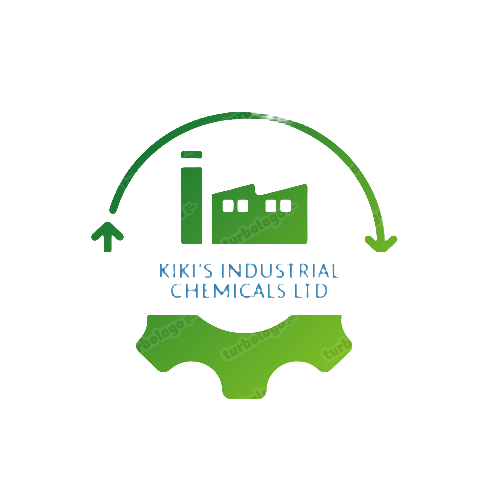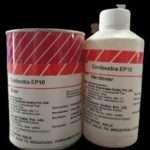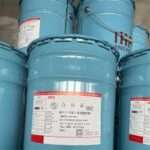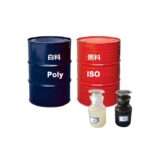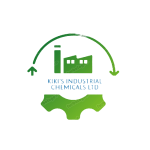Waterproofing chemicals in Kenya
These chemicals can be quite useful when a structure’s waterproofing capability is to be given a boost which is especially required for structures constantly dealing with liquids. There are many varieties. Some of them are crystalline waterproofing chemicals, liquid acrylic elastomeric waterproofing compounds, polymer modified waterproofing compounds, cementitious waterproofing compounds etc. Many of these compounds form membranes on the concrete surfaces to protect them from ingress of water.
Waterproofing chemicals are mainly used to prevent water leakage in the commercial as well as residential buildings. They are applied on construction components in order to prevent water from leaking and preventing destruction of the element. They are specially applied to those structures that are frequently in contact of water.
BEST CHEMICAL WATERPROOFING METHODS
GROUT AND EPOXY INJECTION
This is done by injecting the chemicals into the cracks, or by drilling holes into the surface to insert the material. The grout is then pressure injected and it reacts with any remaining water to form a sealant. The gel or foam that results creates a water-resistant barrier in place of the former crack. This method can be applied to concrete piping, tanks, tunnels, and even foundational walls.
2. VINYL ESTER RESIN SYSTEM
Vinyl ester resins are another protective coating applied to concrete surfaces as a way to prevent acid and corrosion damage. The chemical properties of the resin also create waterproof membranes that guard against moisture and water damage. In addition to being applied as a coating, vinyl ester can also be administered as mortar or slurry mixtures.
3.POLYURETHANE LIQUID
Polyurethane is a chemical membrane that’s primarily used to waterproof roofs and exposed areas. This is a very flexible system to apply but is best applied on flat surfaces and without elevating the moisture level of the concrete.
4. POLYUREA COATING
Polyurea is among one of the most resilient and flexible protective coatings. This is attributed to its molecular properties as a polymer. Polyurea is known for being water resistant, abrasion resistant, and very strong. Polyurea coatings also contain anti-bacterial properties.
BITUMINOUS WATERPROOFING
The bituminous waterproofing membranes are unfolded on the site and laid firmly on surface with tar based adhesives using blowtorches. A layer of bituminous water proof membrane is laid over the structural roof which acts as a shield against the seepage of water onto the roof.
